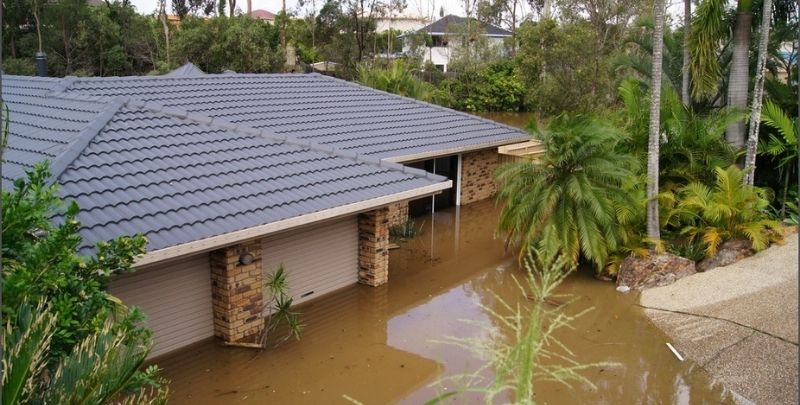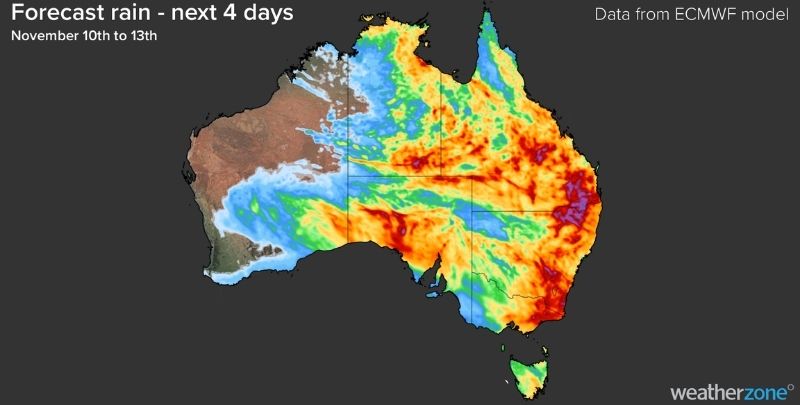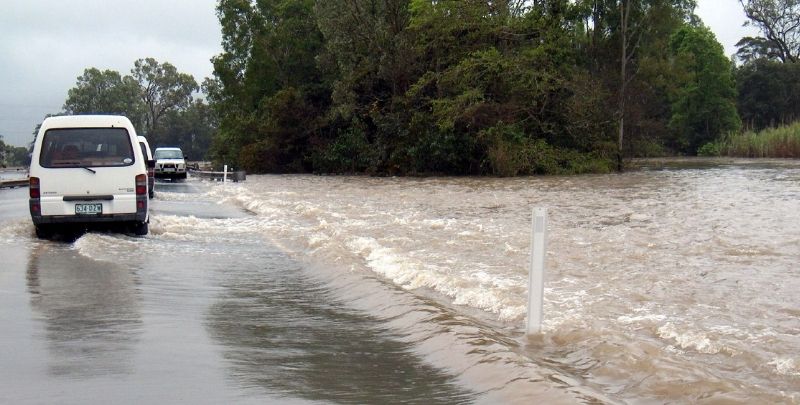
The Land of Drought and Flooding Rains
Australia has seen some truly dynamic weather patterns over the last few years, from flooding to fire and everything in between. These events have largely been damaging and destructive. Many homes have been left needing significant repairs to the roofing, plumbing and electrical wiring.
Naturally, these repairs are the top priority of homeowners looking to get their lives back on track after a major flood or fire. Perhaps it’s yourself, looking to ensure the safety of your family. It’s a daunting task, especially with insurance and regular delays.
Perhaps you have just experienced a natural disaster, or live in a flood prone area. To help, Mr Emergency has outlined the most common areas of damage that a household might need to repair. If you’re facing any serious issues, do not hesitate to call your local State Emergency Service.
First and Foremost: An Immediate Response
After a damaging flood event, your first impulse will likely be to return home once it’s safe to assess the extent of damage and start any necessary repairs. It is vital to remember to continue maintaining your personal safety, and this is especially true in a flood damaged home.
SA Health recommends avoiding walking through flood water if possible, as there is an increased risk of injury, illness and even disease due to the bacteria, insects and other foreign objects that get carried in polluted water.
If you do need to work onsite in flood water though, it is recommended that you wear protective clothing, including sturdy footwear, that you wash your hands, and that you keep any wounds covered.
These tips will help prevent the likes of ear, nose and throat infections, dermatitis, wound infections and more, should working in flood water become unavoidable.

Damage to Gas Services and Supply
If your home’s hot water, cooking and heating are powered by gas, a flood event may cause damage to your gas lines, making them severely hazardous to you and your family. We strongly recommend following the Queensland Government’s requirement that your gas installation, as well as any appliances connected to it, be assessed by a licensed gas fitter before you use the gas.
Once again, DO NOT use the gas until it has been inspected by a licensed gas fitter.
A thorough inspection will typically include all appliances (e.g hot water heater, stove), pipework, meters and regulators. The gas fitter will assess everything and determine whether everything is okay or requires replacement or repair. Once they have taken the required course of action, you’ll be able to use your main gas line again.
In the meantime, you can use portable gas equipment. Once again maintain safe practices; follow the instructions, always use it outdoors in a well-ventilated area as the carbon monoxide it produces can be lethal. Be sure to switch off both your appliance and the gas cylinder when you’re not using it.
Damage to Electrical Services and Supply
In much the same way that your home’s gas services may pose a risk to you and your family after a flood event, so too can your electricity. We already know that water and electricity do not mix. In the aftermath of a flood event this is especially true.
We recommend that you avoid using electricity until a licensed electrical contractor has assessed that it is safe to use. Hopefully you’ll already have a Residual Current Device (RCD) Switch installed that will shut off the power for you. If you don’t, we recommend that you do. It can be a life saver in more than just a flood.
We also recommend installing surge arresters to protect your electrical appliances and, in the event of a power outage, turning off and unplugging any appliances . If you have a landline phone, do not use it – they can transmit an electric shock straight through to you with ease.
Damage Caused by Sewage Overflow
Your home might find itself subjected to sewage overflow as a result of a major flood event. An overflow of sewage can happen for a number of reasons, such as a blockage or damage to plumbing, septic tank damage, and transmission in flood water.
Sewage is generally rife with bacteria and viruses, and contamination through close contact can lead to a person contracting gastroenteritis and other illnesses.
As we recommended at the beginning of this article, if you do need to work in flood water, be sure to wear protective clothing including rubber gloves, sturdy footwear – boots are best – and eye protection.
This will minimise your contact with any sewage in the water and therefore reduce the risk of contamination. Even water resistant materials will need thorough washing after contact with sewage.
We also recommend not using your water supply until you are 100% certain that it is safe, and also getting in touch with a certified plumber to assess your sewage system.

Flooded Stormwater Drainage
Effective management of stormwater on your property – stormwater being rainwater along with anything gathered along by the rain (usually leaves, soil and other debris) – involves a complete system of gutters, downpipes, drains, pits and connections, and of course the roof.
Damage to your stormwater drainage system can have repercussions for your home including sewage overflow, structural damage, flooding and more. If your property has experienced significant flood damage, whether indoors or outdoors, there may be damage to your stormwater system.
A specialist stormwater plumber will be able to inspect your drainage system, identify any problems that exist and provide you with an effective solution.
Damage to the Roof
Severe storms and heavy rainfall can lead to significant roof damage. Roof tiles can crack or break as a result of harsh storm activity, while strong, cyclonic winds can even blow complete roofs away.
Either way, this can lead to rainfall breaching the interior of your home, whether as a moderate leak or significant flooding.
The best approach is to organise temporary roofing as soon as possible – your local Emergency Services volunteer group may be a good first port of call.
The next step would be to call a professional roofing specialist to determine whether you need a roof repair or a complete replacement.
All In All: Responding to Flooding or Heavy Rainfall
As we have seen in various parts of Australia over the last 18 months, heavy rainfall and severe flood events do not work to a time frame.
The floods from early 2022 lasted weeks, and for those caught in them, probably felt like they would never end. But know that they will end, and that there is a way forward.
Mr Emergency can often assist with immediate concerns, including burst pipes or gas leaks. For anything life threatening it is always best to contact 000 or the SES. Major work will require a report for your insurance company, and it always helps to speak to your insurance provider before organising any serious work for insurance claims.
Please note: This information is provided for advice purposes only. Regulations differ from state to state, so please consult your local authorities or an industry professional before proceeding with any work. See our Terms & Conditions here.


